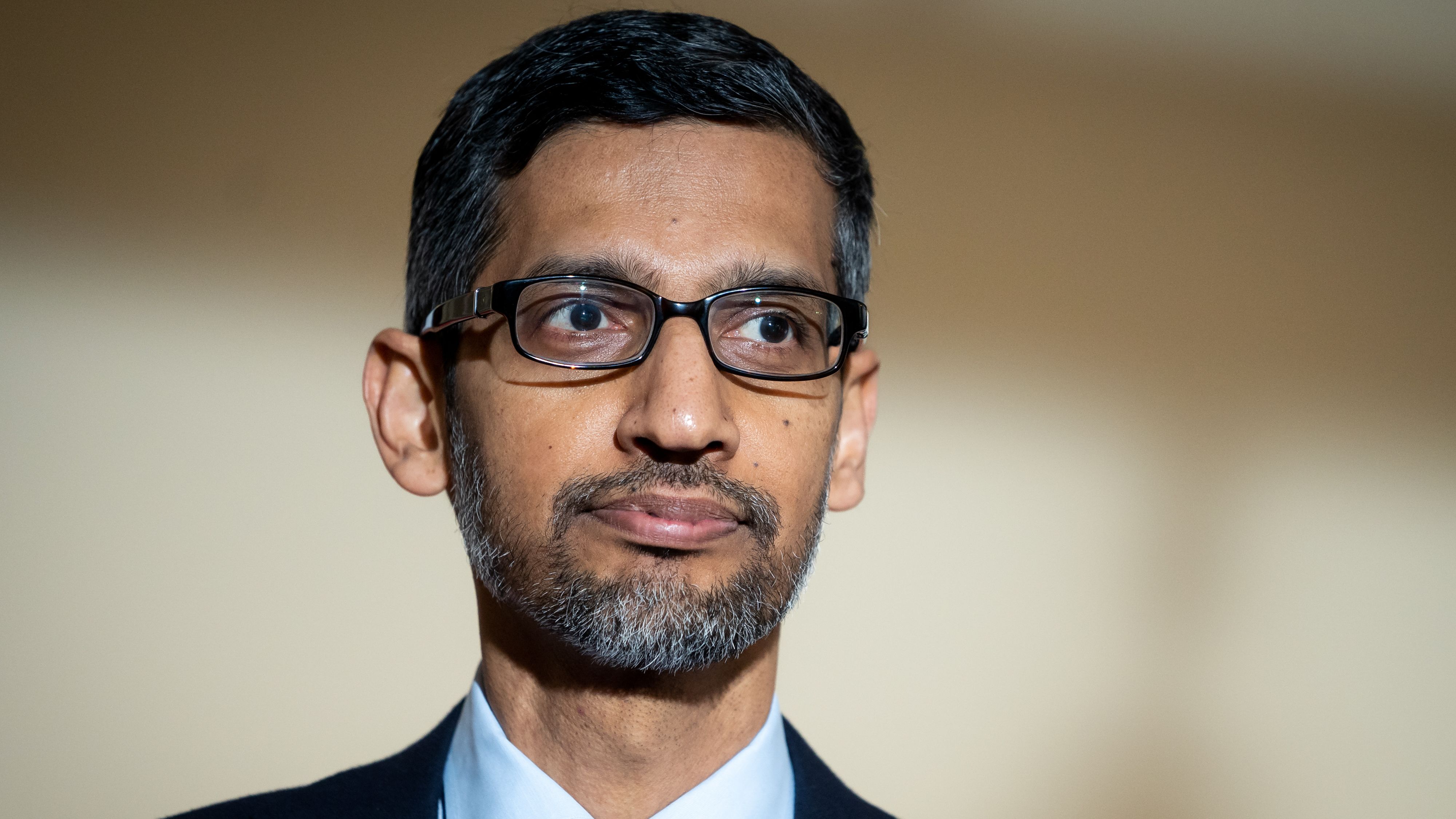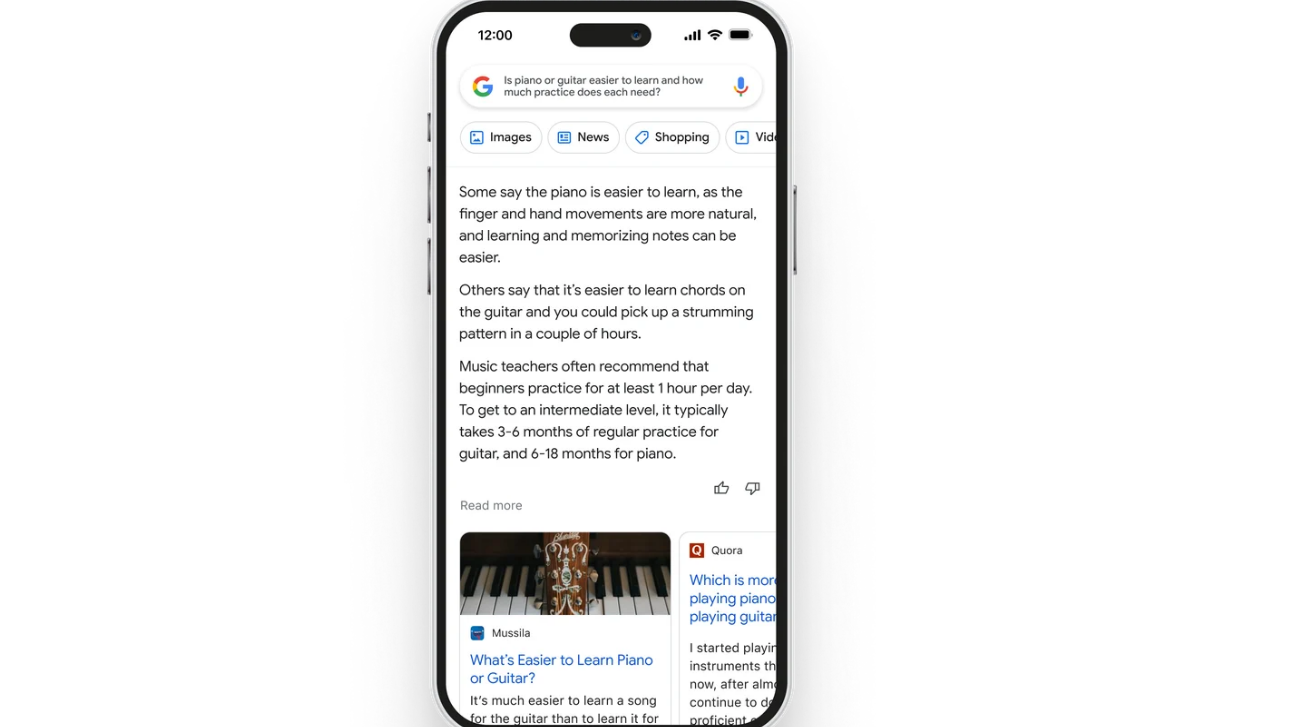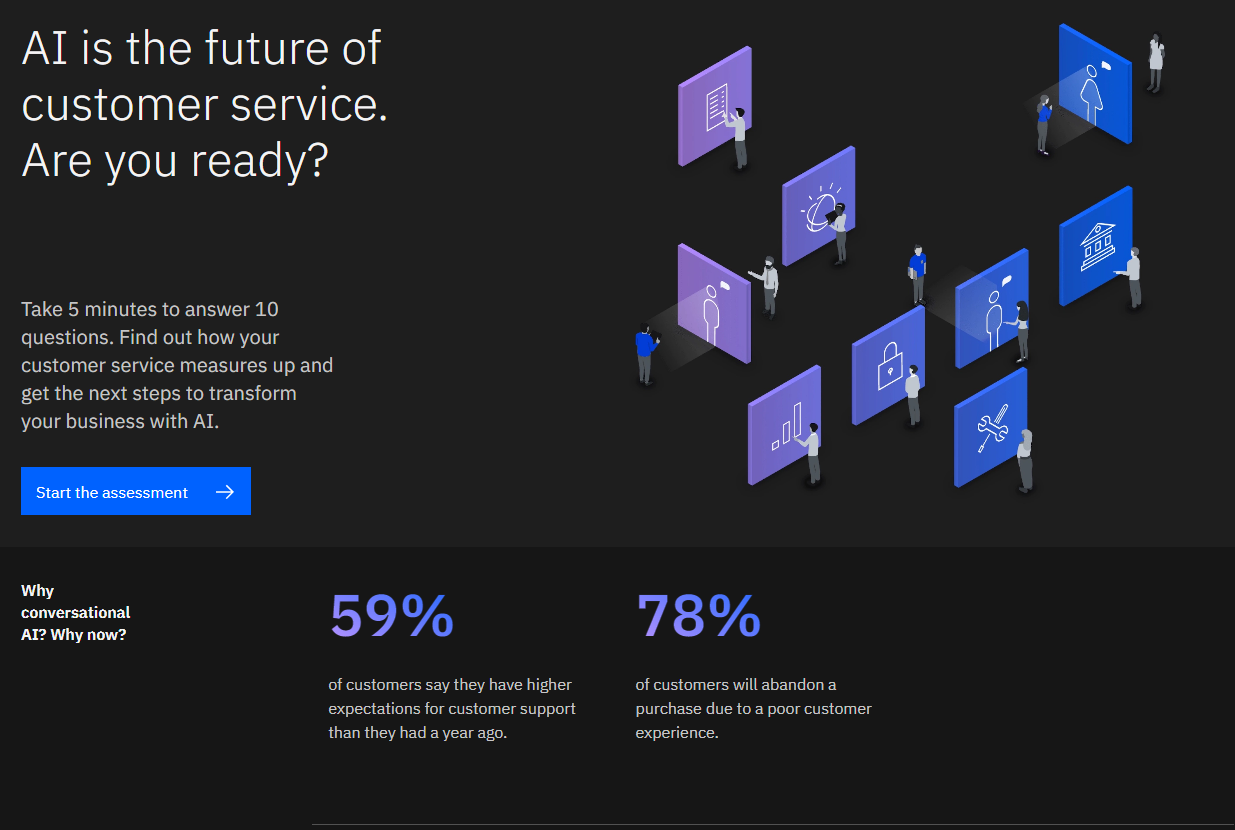Google's Bard bets on billion-strong user base to challenge ChatGPT
With more than 1 billion daily active users, Google’s broad reach could be key in Bard competing with ChatGPT


Google’s new artificial intelligence (AI) chatbot, ‘Bard’, could be the silver bullet needed to combat the rise of ChatGPT, according to analysts.
The tech giant announced the launch of the new chatbot on Monday, sparking suggestions that there could be a looming generative AI battle unfolding between Microsoft and Google.
Bard is based on Google’s current existing language model, LaMDA, and will operate similarly to ChatGPT, offering conversational-style answers to user queries.
Alec Boere, associate partner for AI and automation for Europe at Infosys Consulting, told IT Pro that, from an operational cost perspective, the launch of Bard raises interesting questions about its long-term commercial viability and potential to compete with ChatGPT.
“The cost of ChatGPT’s search is more expensive than a typical Google search because of the processing power that sits behind it. However, Google’s Bard is set to initially operate on a lightweight version of LaMDA, which will require less power so that more people can use it,” he said.
What Google does have to its advantage in the pending race with ChatGPT, Boere noted, is the broad user reach the tech giant commands. Long-term, this could prove vital to gaining a market edge over Microsoft.
“Bard will have the advantage in terms of reach, access to information, and the type of media it offers,” he said. “Plus, ChatGPT is often over-capacity. ChatGPT has more than 100 million users, Google has one billion daily active users.”
Get the ITPro daily newsletter
Sign up today and you will receive a free copy of our Future Focus 2025 report - the leading guidance on AI, cybersecurity and other IT challenges as per 700+ senior executives
Google's Bard will be rolled out to a select testing group before a full public launch in the coming weeks, according to a company statement.
“Bard seeks to combine the breadth of the world’s knowledge with the power, intelligence and creativity of our large language models,” said CEO Sundar Pichai. “It draws on information from the web to provide fresh, high-quality responses.”
“Bard can be an outlet for creativity, and a launchpad for curiosity, helping you to explain new discoveries from NASA’s James Webb Space Telescope to a 9-year-old, or learn more about the best strikers in football right now.”
Bard will launch initially as a “lightweight model version of LaMDA”, Pichai added. This smaller model will require “significantly less computing power” and enable the tech giant to scale to more users.
AI-powered Search integration
Alongside the Bard announcement, Pichai revealed that Google will begin closely integrating AI models within its Search function.
The chief executive said that the deeper integration of AI within Search is one of the “most exciting opportunities” currently faced by the tech giant, enabling it to provide deeper, more insightful answers to user queries.
“When people think of Google, they often think of turning to us for quick factual answers,” he said. “But increasingly, people are turning to Google for deeper insights and understanding.”

“AI can be helpful in these moments, synthesising insights for questions when there’s no one right answer. Soon, you’ll see AI-powered features in Search that distil complex information and multiple perspectives into easy-to-digest formats, so you can quickly understand the big picture and learning more from the web.”
Pichai hinted that these new AI-powered features will begin rolling out on Search “soon”, but the company is yet to provide any additional information on a timeline for launch.
The AI chatbot battle heats up
Google’s AI-supported Search ambitions come as Microsoft looks set to officially integrate ChatGPT within its Bing search engine. The move follows speculation last month that Microsoft had been exploring integration of the chatbot to provide users with a more “conversational” experience.
AI tools such as ChatGPT have been touted as a potentially “revolutionary” tool for use in search engines and a means to provide users with more nuanced answers and deeper context to search queries.
RELATED RESOURCE

This transformative potential prompted Google to issue a ‘code red’ alert in December and reshuffle teams to focus on accelerating development of conversational AI models.
According to internal memos and audio obtained by the New York Times, Pichai instigated this rapid pivot, with sources close to the matter revealing that the tech giant “upended” the work of several internal teams to “respond to the threat” posed by ChatGPT.
Google further staked its claim in the looming AI stand-off with a $300 million investment in Anthropic, an AI startup positioning itself as a challenger to OpenAI.
Broadly speaking, Boere said these recent developments are a positive step in the acceleration of AI-powered products. Far from being a flash-in-the-pan trend, AI chatbots such as ChatGPT and Bard here very much here to stay and provide both firms with a means to differentiate core services.
“Google launching Bard highlights just how widespread this technology is going to become,” he said.
“It’s a new way to have all the information at your fingertips, and it’s here to stay – much like the impact of the first wave of Google Search. In fact, it appears that Bard will replace Google Search rankings in the long term.
“Bard may be a rival to ChatGPT after it launches to the wider public in the coming weeks – but the two will likely become companions to many in the future.”

Ross Kelly is ITPro's News & Analysis Editor, responsible for leading the brand's news output and in-depth reporting on the latest stories from across the business technology landscape. Ross was previously a Staff Writer, during which time he developed a keen interest in cyber security, business leadership, and emerging technologies.
He graduated from Edinburgh Napier University in 2016 with a BA (Hons) in Journalism, and joined ITPro in 2022 after four years working in technology conference research.
For news pitches, you can contact Ross at ross.kelly@futurenet.com, or on Twitter and LinkedIn.
-
 Should AI PCs be part of your next hardware refresh?
Should AI PCs be part of your next hardware refresh?AI PCs are fast becoming a business staple and a surefire way to future-proof your business
By Bobby Hellard Published
-
 Westcon-Comstor and Vectra AI launch brace of new channel initiatives
Westcon-Comstor and Vectra AI launch brace of new channel initiativesNews Westcon-Comstor and Vectra AI have announced the launch of two new channel growth initiatives focused on the managed security service provider (MSSP) space and AWS Marketplace.
By Daniel Todd Published